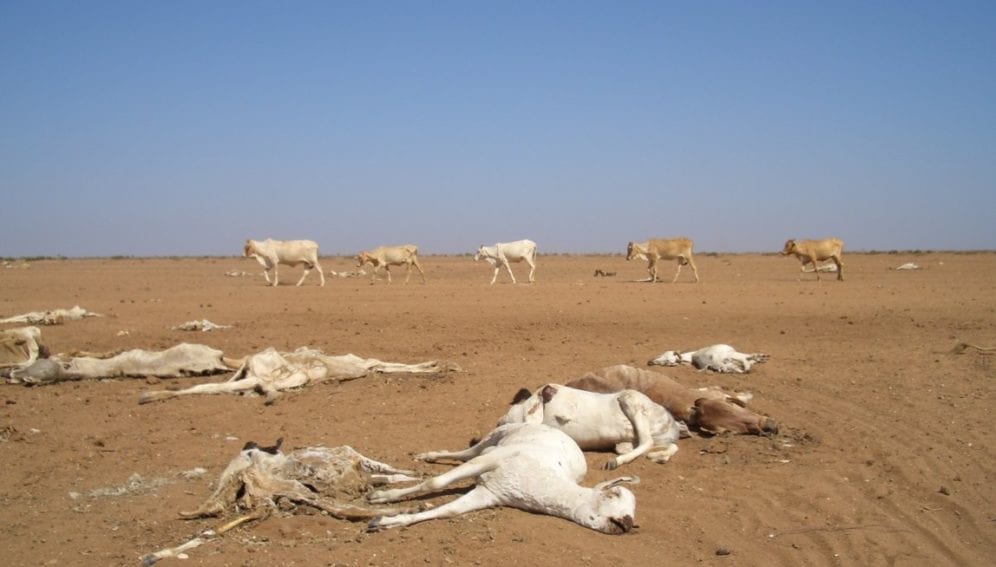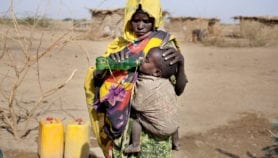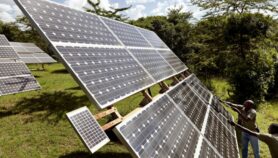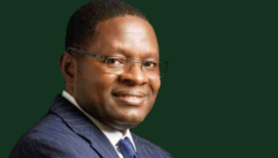By: Alberto Leny
Send to a friend
The details you provide on this page will not be used to send unsolicited email, and will not be sold to a 3rd party. See privacy policy.
[NAIROBI] Quick and decisive action is required to save the earth from the devastating impacts of climate change, the Intergovernmental Panel on Climate Change (IPCC) has told an international conference.
Delegates who attended the IPCC’s 41st Session held in Kenya last month (24-25 February) heard that human influence on the climate system has become clear, resulting in the risk of severe, pervasive and irreversible impacts.
“It is a matter of choice because we have abundant [scientific] evidence on climate change. The longer we wait, the more difficult it will be to change,” said IPCC vice-chair Ismail El Gizouli, while highlighting the IPCC Fifth Assessment Report (AR5) at an outreach event for policymakers, civil society, scientists and students from Kenya and other East African countries. “We have to act quickly and decisively because we have the means to address these issues.
“The rise in temperature is alarming and we must act by 2020. The longer we wait the higher the risk of contributing to poverty, migration and viral conflict.”
Ismail El Gizouli, IPCC
“The rise in temperature is alarming and we must act by 2020. The longer we wait the higher the risk of contributing to poverty, migration and viral conflict.”
Gizouli added that AR5 is the “most comprehensive assessment of climate change ever undertaken and produced at a critical time as a guide towards a new, ambitious and universally binding climate agreement to reduce greenhouse gas emissions to be adopted later this year in Paris at the forthcoming UNFCCC [United Nations Framework Convention on Climate Change]”.
Renate Christ, director of the IPCC secretariat, said that the meeting would synthesise reports, present key messages, build capacity and design a science policy formula for scientists on how researchers can be involved in IPCC’s work focusing on Kenya and the East African region.
Alice Kaudia, the principal secretary of Kenya’s Ministry of Environment, Water and Natural Resources, added: “The shocking revelations on what has happened to climate systems demand that the producers and consumers of weather information adopt best practices to tackle the problem in a sustainable manner for poverty eradication, economic growth and to prevent the impacts of famine and drought.”
Kaudia commended the IPCC for focusing on the youth in East Africa to help governments tackle climate change, and urged the youth to use social media and information and communication technologies to create awareness of the impacts of climate change.
Richard Odingo, a professor of geography and environmental studies at the Kenya-based University of Nairobi, who was IPCC vice-chair in 2007 and won the Nobel Peace Prize with the panel, told SciDev.Net at the meeting that the world, and Africa in particular, must take urgent measures to address the impacts of climate change.
“African researchers and policymakers must adopt proactive measures for the population to adapt to climate change. They must also support mitigation efforts to limit the magnitude and rate of long term climate change,” Odingo said.
This article has been produced by SciDev.Net's Sub-Saharan Africa desk.














